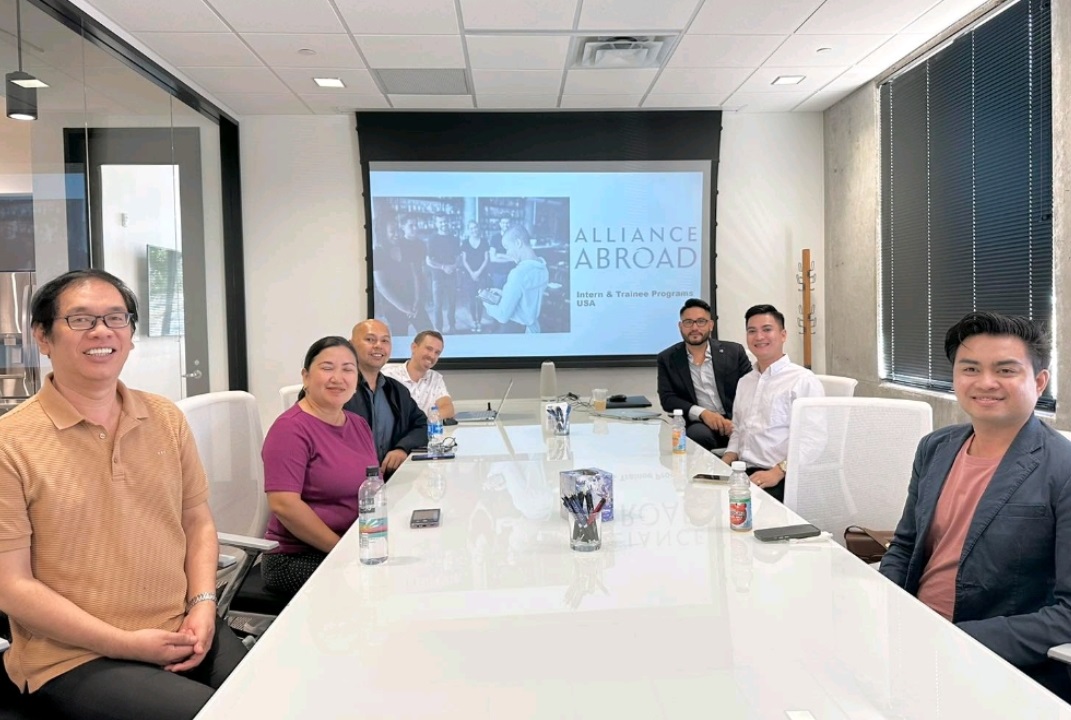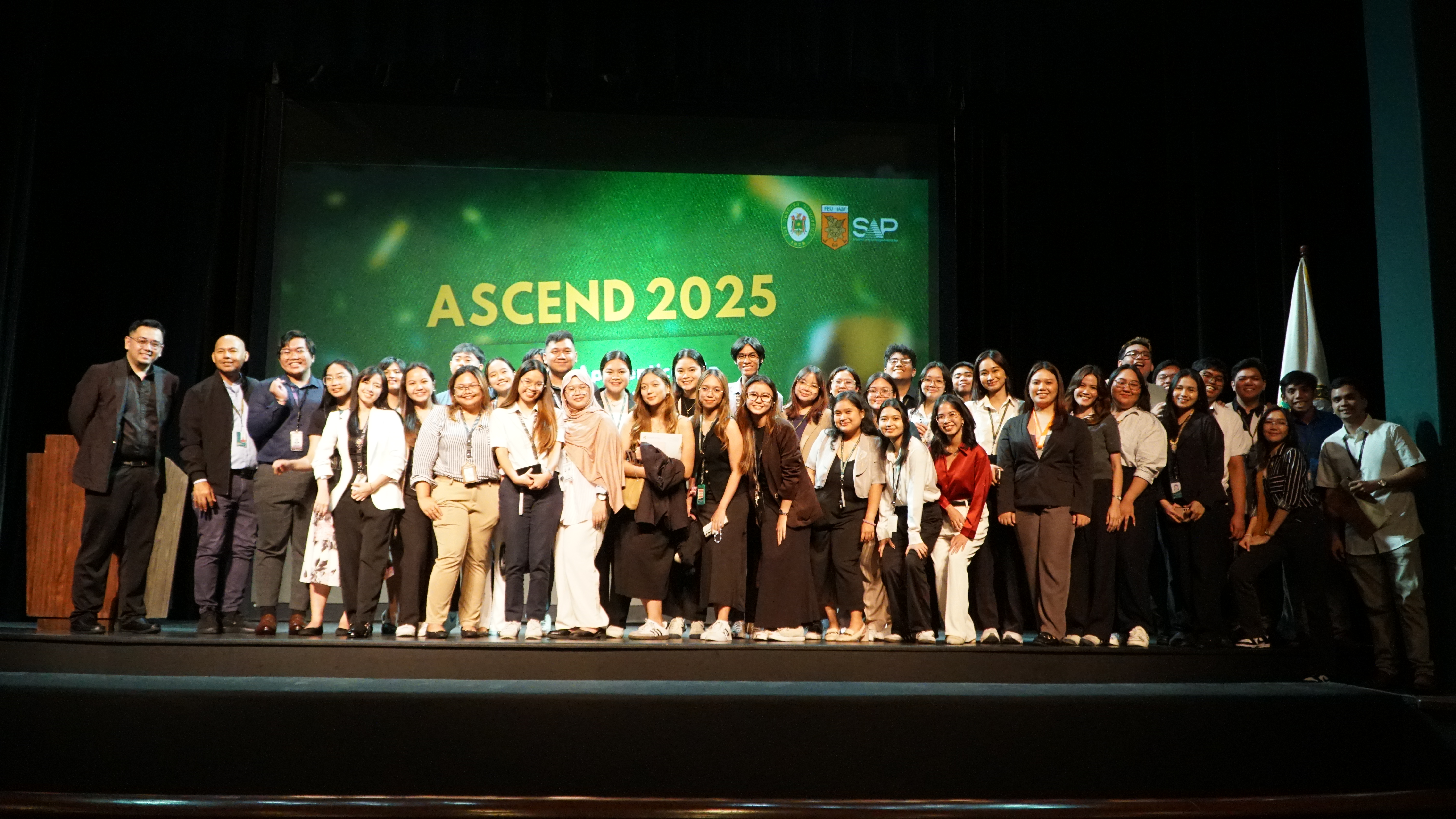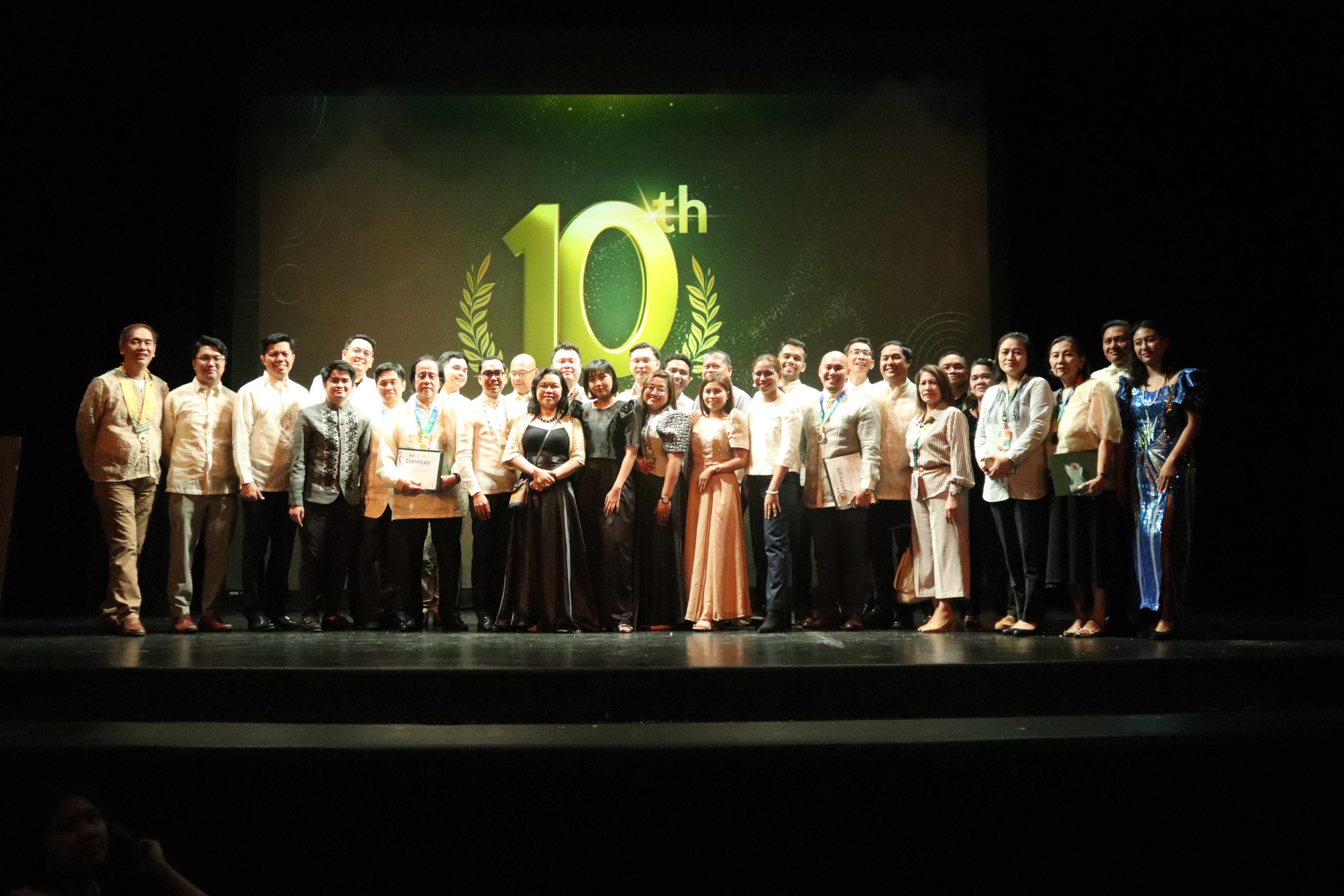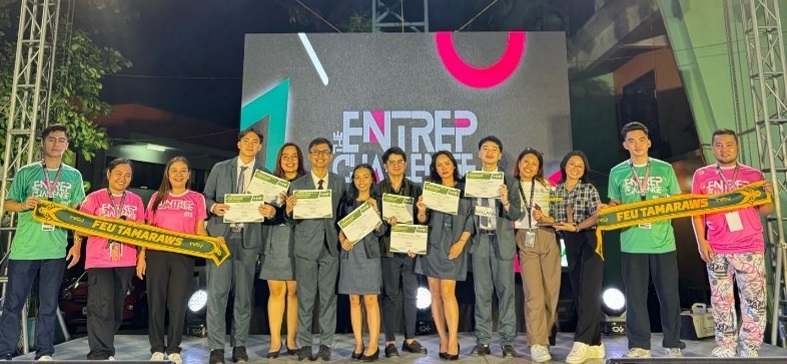Far Eastern University’s Institute of Accounts, Business and Finance (IABF) reported that the recently concluded US Work and Travel Program (USWTP) for Midyear 2022-2023 was a success.
A total of 31 IABF students participated in USWTP, held last May to August in several states in the US.
The USWTP is a special program being offered by IABF Student Apprenticeship Program (SAP) for Level 1 to Level 3 Accountancy, Business Management, and Internal Auditing students.
“The US Work and Travel Program is a cultural exchange program, wherein students will be deployed in several states in the US for paid works and will be given enough time to travel and be engaged in the American culture,” said Paul Martin R. Hernandez, Associate Department Chair of IABF SAP.
This year marks the successful reiteration of the program which was hampered for two years due to the COVID-19 pandemic. Despite only meeting half of the student populations sent to the US before the pandemic, Hernandez was grateful for such amazing assessments of US-partner companies to FEU students.
“We received a lot of good comments from US companies, through our partner agencies. Our students showcased our quality education through their work ethic and attitude,” Hernandez shared.
To fully understand the students’ experiences in the US and to improve the program, IABF SAP conducted a debriefing last August. The objectives of the debriefing were to discuss the thought process and experiences involved in students’ work and cultural immersion in US; to encourage reflection on their performance; and to get feedback from students which will be used in enhancing support services for future participants.
A total of 87 percent (27 out of 31) of the students who participated in the USWTP last mid-year shared that they felt well-prepared for the program. Students agreed that their respective degree programs and SAP adequately equipped them for the USWTP.
Meanwhile, 84 percent (26 out of 31) shared that the expectations and goals of the cultural exchange program was thoroughly explained to them prior to departure, while 87 percent of them positively cited that they received adequate information about the cultural aspects of living in the US. This was also evident in the amount of meaningful connections they established with people from different backgrounds, which 90.32 percent of students (28) attested.
According to the report, students learned enough information during their orientations, and they watched several YouTube videos to add knowledge on American lifestyle. They also did their own research on American culture, as a preparation for their travel.
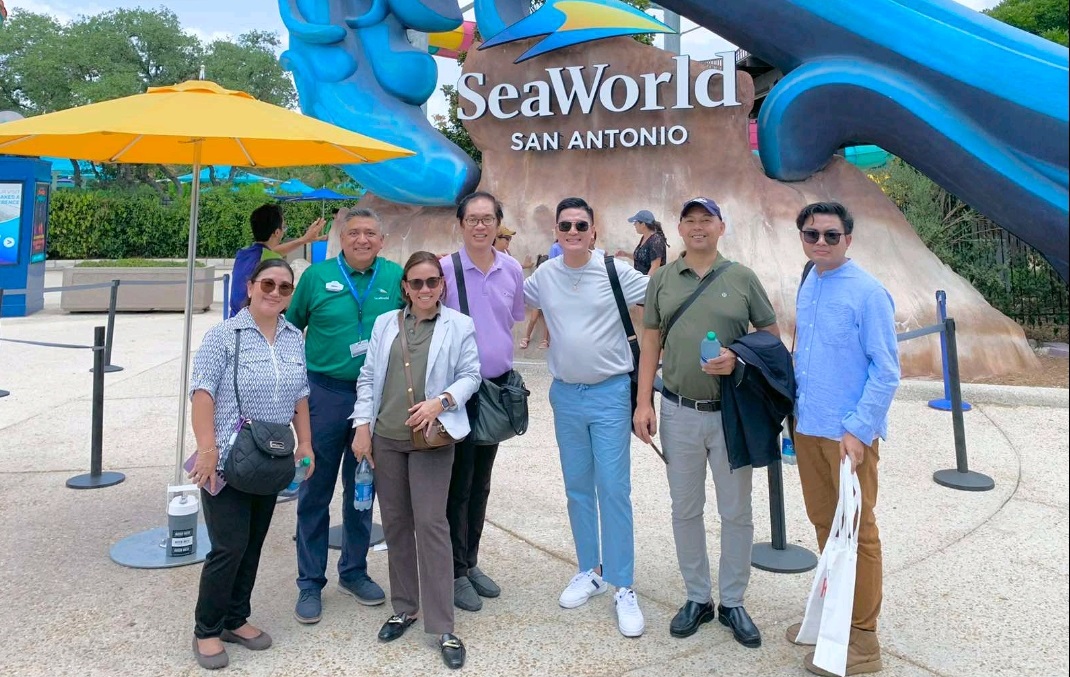
Their research and attendance in orientations paid off as 30 out 31 students (96.77 percent) said they adapted well to the cultural differences in US. Also, 29 out od 31 (93.55 percent) mentioned that their work and cultural experience in the US contributed valuable aspects in their personal growth. The same percentage also agreed that their USWTP experience positively impacted their career aspirations.
“The time management in America is strict unlike the Philippines that is more lenient and considerate in terms of late comers,” said one of the student participants.
When asked about their valuable professional lessons or skills gained while working in the US, they mentioned renewed appreciation with punctuality and timeliness. They also mentioned the American brand of work etiquette, professionalism, and flexibility, wherein they had to finish the assigned tasks no matter what their department was. Most importantly, they appreciated working in a diverse environment and forging meaningful friendships with people of different cultural backgrounds.
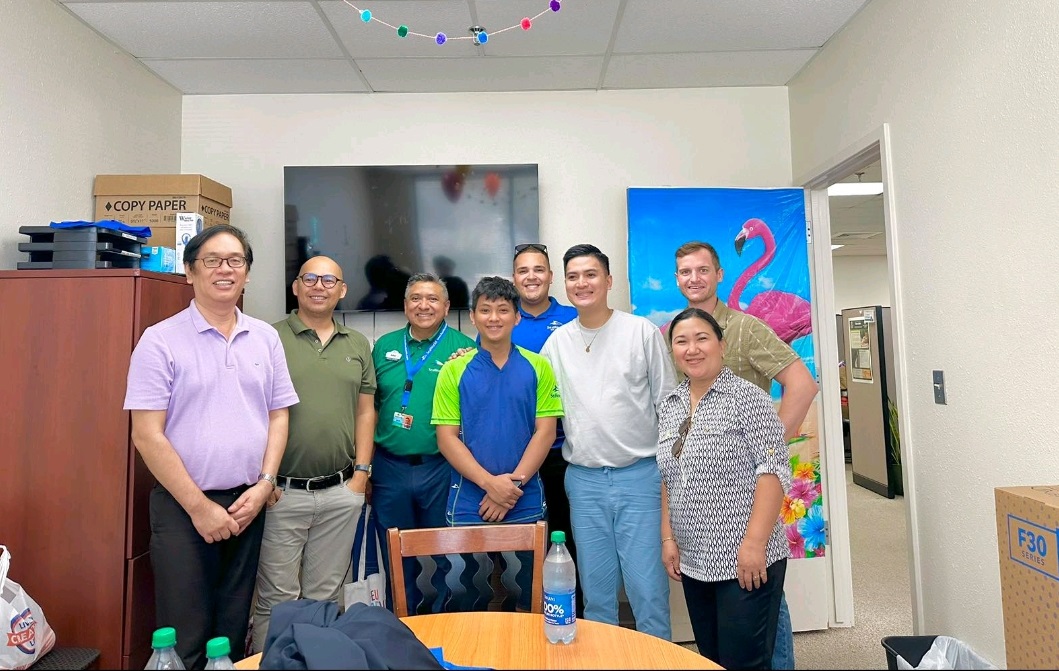
Despite the language barrier, students were able to share their Filipino cultures and language to their new friends. They exchanged and compared different perspectives towards their work and travel journey. These learning were evident as 28 students (90.32 percent) positively cited that the program enhanced their understandings of cultural diversity and global perspectives, while 29 students (93.55 percent) said the program provided them with opportunities for meaningful cross-cultural interactions.
Aside from the work aspect of the program, students were given one to two weeks of travel time and be immersed in the American culture and tradition. Some students learned new skills such as boat driving, biking, cooking, and survival skills. They also enjoyed the changing weathers, which many of them considered as their first.
Overall, 28 students (90.32 percent) shared that their USWTP experiences were rewarding. For Hernandez, it was a huge success for IABF SAP as the program achieved its purpose of exposing the students to different work and life experiences outside the four corners of the classroom.
So, what’s next for the USWTP program? Hernandez said they are now planning for next mid-year’s USWTP. He promised that it will be bigger and better as they are now looking for more diverse work options. IABF SAP is also expecting more student participants next year. They are now working with First Place Incorporated and HR International, IABF’s partner agencies, for these arrangements.
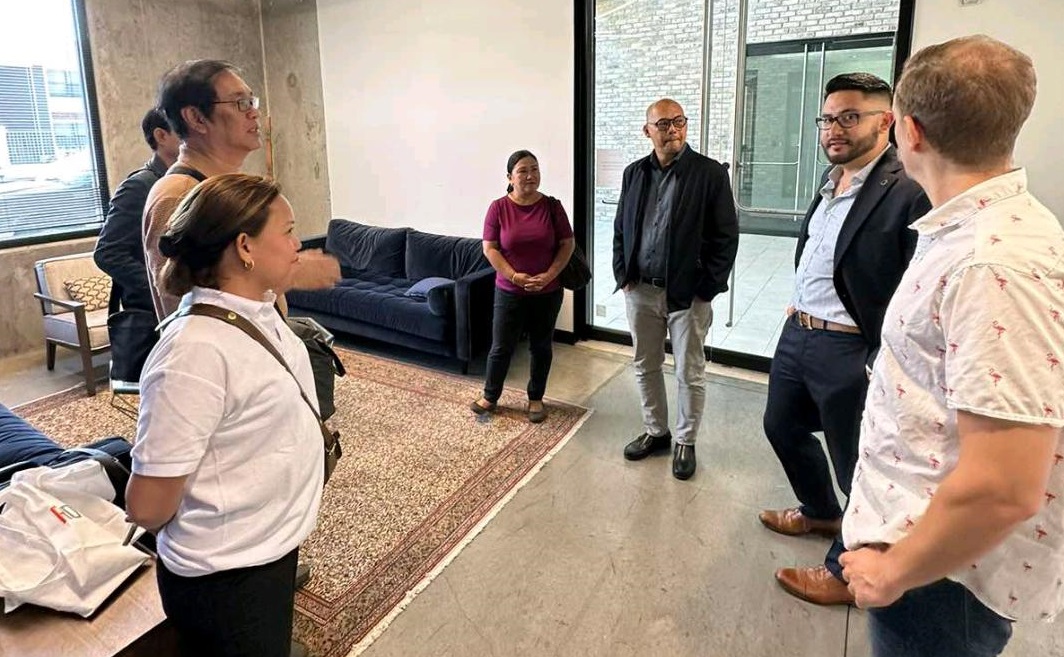
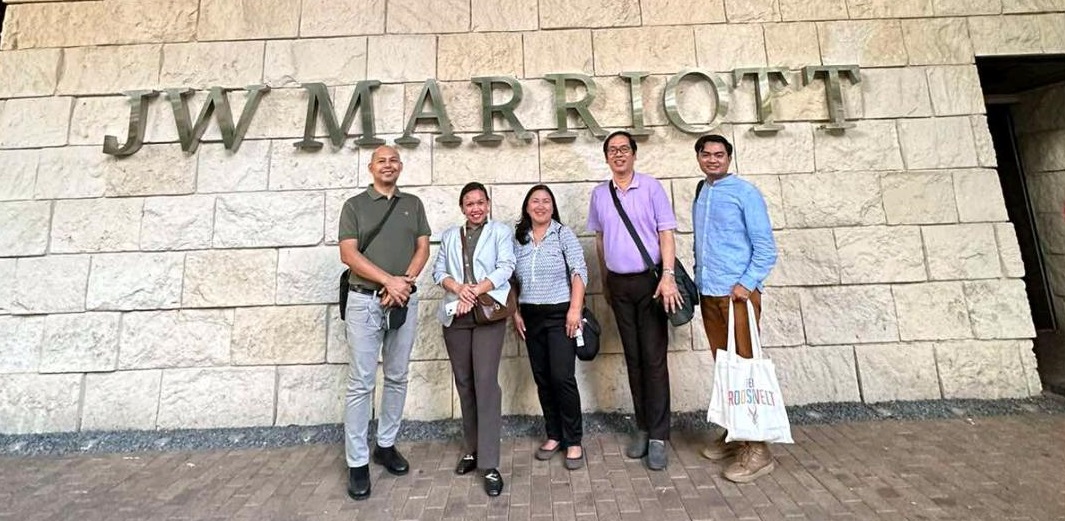
“If this year 31 students were sent to the US for the program, next mid-year we are hoping for more students to join. We wanted to exceed the numbers we had prior to the pandemic. It is expected that the mid-year 2022-2023 program will encourage more students to join it. We are also working for more aligned companies to our Institute’s course offerings. We want them to be more equipped,” Hernandez said.
The program is also expected to continue its crediting scheme. Once fulfilled, the USWTP will be credited to half of IABF students’ on-the-job training hours.
“We want our students to also experience working in the Philippine setting; thus, crediting USWTP experience as half of their OJT training hour,” added Hernandez.
How to apply for USWTP Mid-year 2023-2024? What are the requirement? Details for mid-year 2023-2024 are yet to be released by IABF SAP. For interested students, IABF SAP is always open for consultations and inquiries.
Students are required to secure waivers from the two partner agencies and J1 US Visa, undergo medical evaluation at FEU University Health Service, psychological assessment at Guidance office, and provide a certificate of good moral character from the Office of Student Affairs. (Jordan John P. Cabarles)
